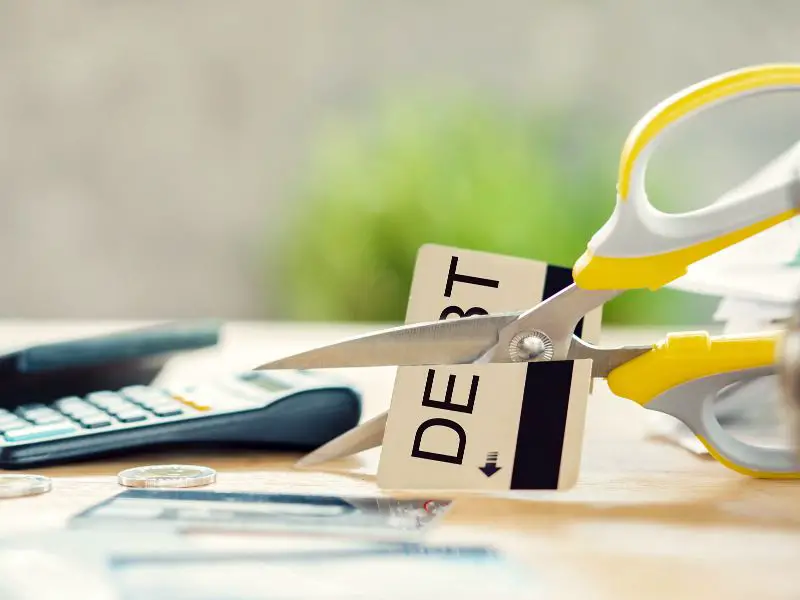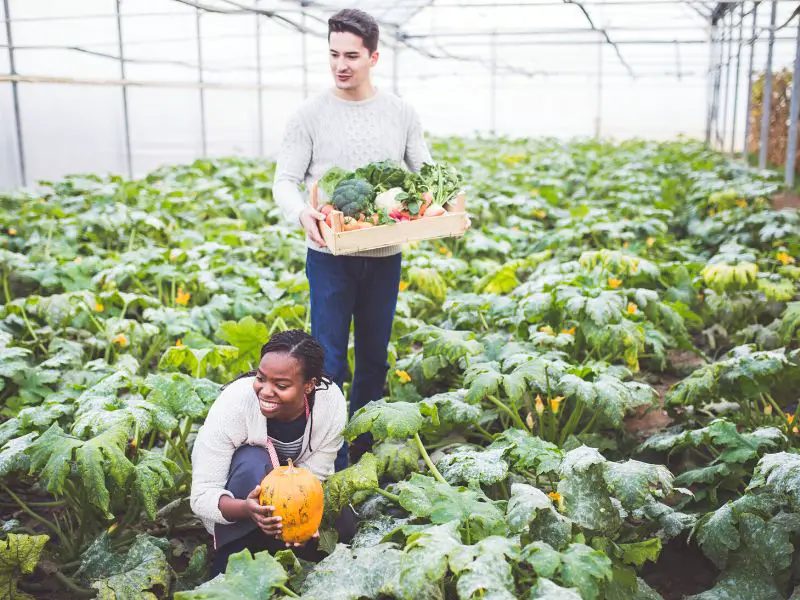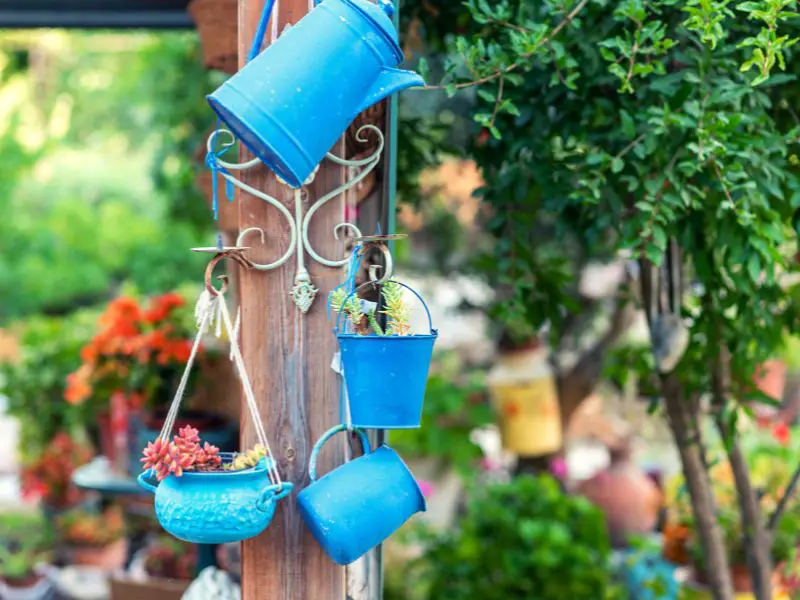Self sustainability is one of the most meaningful things you can do to save money. Self-sustainability indicates that you can and have perfected the discipline of caring for your needs and your family without external resources.
Not only does it demand expertise, but also discipline and determination. Today, it is exceedingly simple to depend on everyone and everything else to take care of us, from grocery shops to retail outlets and beyond. But the concept of self-sufficiency is gaining popularity.
Some followers of this concept choose to live independently from the rest of society by building their own homes, farming their food, powering their homes with solar and wind energy, and creating clothing and equipment.
You don’t have to do all of these to be self-sufficient. In fact, all you need are baby steps toward self-sustainability. This article will discuss some viable strategies for achieving a self-sufficient life.

The Importance of Self Sustainability in the Modern World
Being self-sustainable means being in charge of one’s capacity for growth and prosperity by acquiring the necessary knowledge and skills. It also means providing for one’s basic needs without resorting to outside sources, learning to live frugally, and not incurring debts to pay for unnecessary things.
How To Embrace Self-sufficiency and Sustainable Living
Sometimes, adopting a new lifestyle might seem intimidating. Remember that you do not need to make changes all at once. Start small and work your way up. Sustainability is not a one-size-fits-all concept either. It’s up to you to find what’s suitable for your lifestyle. Here are some suggestions for adopting this simple and attentive lifestyle.
1. Grow Fruits and Vegetables on Your Own
By growing fruits and vegetables on your own, you support your health and the community you’re living in. The vegetables and fruits produced in your backyard can help reduce the food you throw out daily. Plus, the fruits and vegetables are organically grown without any harmful chemicals; this makes the vegetables and fruits even healthier to consume when compared to store-bought ones.

2. Stir Clear From Bad Debt
Debt is often a burden people carry throughout life, but there are ways to get out of debt and stay that way. Financial experts will recommend having a certain amount of savings that are earmarked specifically for emergency or hardship purposes, in addition to keeping deposits and credit card debt to a minimum.
3. Reduce Energy Use
Our energy footprint is rapidly growing. As the human population increases, so does our energy consumption. Energy demand is expected to rise 40 percent by 2030 as the world’s population is projected to reach 9.7 billion.
By adopting simple energy-saving behaviors, we can reduce the energy we use each day and help reduce greenhouse gas emissions, protect our environment, and improve our health and economy.
How do you reduce your energy use? Turn off lights, use energy-efficient light bulbs and appliances, and unplug electronics when you’re not using them. Drive after sunset, carpool, or use public transportation, but if it’s not available, walk, ride your bike, or work from home if you have that option.
4. Appreciate the Small Things
At some point or another, the lack of money will drive us to search for solutions to survive. Efforts to find employment or other sources of income will be challenging, especially for people who depend on their salary for basic survival.
More often than, most of us will have to prioritize our needs and forget the simplest things in our lives, such as food, shelter, clothing, and so on. However, when we stop considering how fortunate we are to have these simple basics, we turn into the habit of wanting more even though we don’t really need it.
Forcing yourself to become more self-sufficient may be initially challenging because most people find it too hard to live without certain luxuries, such as nice clothes, electronics, and other things. Taking it slow is the best way to go.
5. Practice the 4 R’s (Recycle, Reuse, Reduce & Recover)
The 4 R’s are a set of 4 simple guiding principles that can be used to reduce the impact of human actions on the environment.
Reducing the environmental impact means reducing the number of materials we make. This can be accomplished in many ways, such as reusing materials, consuming fewer products, or recycling things instead of throwing them.

6. Understand the Difference Between Needs and Wants
Our wants are things we must have to live a desirable life but are non-essential. On the other hand, our needs are necessities we cannot survive without. Human life has been based on pursuing our wants rather than being content with our needs.
When you adopt a sustainable lifestyle, you will sacrifice some of your wants to meet more of your needs. With some sacrifice, you will be able to reduce your carbon footprint and, at the same time, achieve a self-sufficient lifestyle.
7. Purchase With Purpose
People are multitasking more than ever, balancing a career, family, and personal time and managing to squeeze in extracurricular activities, hobbies, and leisure activities. This doesn’t leave much time for planning and making some of the crucial decisions you can make to take charge of your life. What does this mean? It means you can end up purchasing many things you don’t need because you really want them and can afford them right now. Instead, you should take the time to budget your money and plan for the future.
Final Thoughts
There is an increasing concern in the world about not being self-sustainable. Although most of us understand self-sustainability, we tend to ignore the concept. This creates trouble and discord not just within people but also within the environment.
Let’s admit that how we live today will determine how we will live tomorrow. So having a healthy sense of who we want to be in the future is of prime importance to ensure that it is what we want and need.
Self sustainability is determined through our ethical decisions of ourselves and our actions toward others. If we were to ensure that we preserve our environment and leave this planet habitable for the next generation, we would all be one step closer to a better world.
You might find these helpful guides helpful for your daily life, and they’re worth reading.

